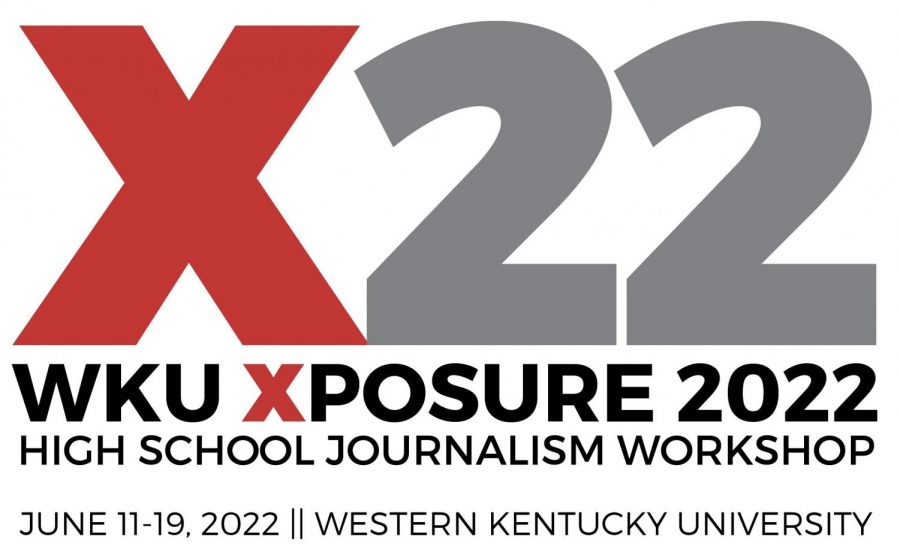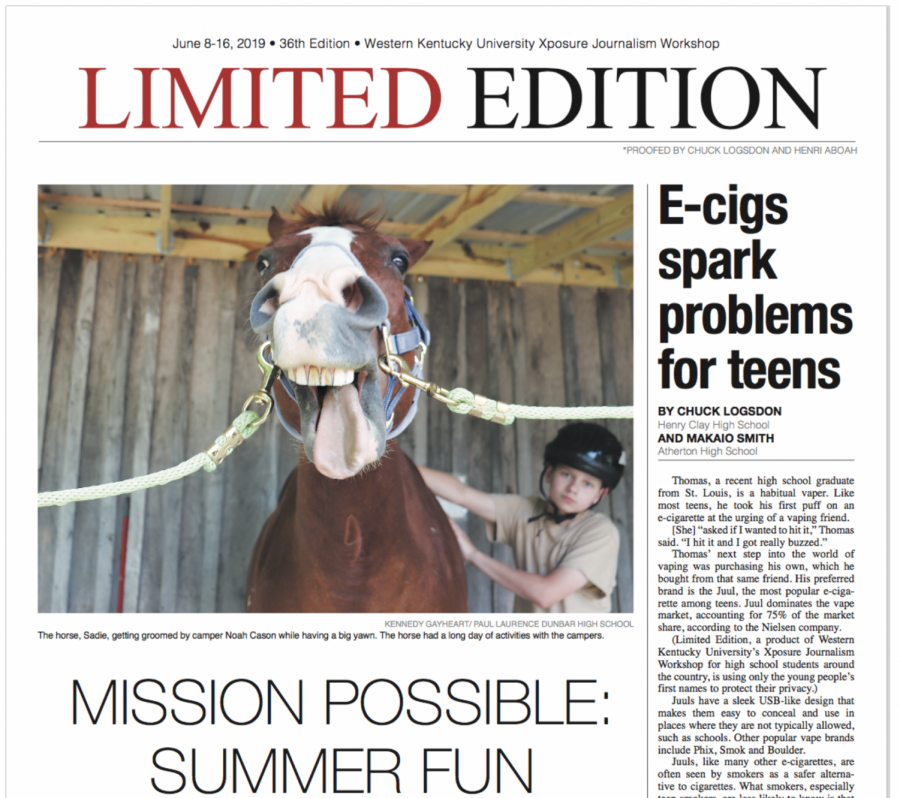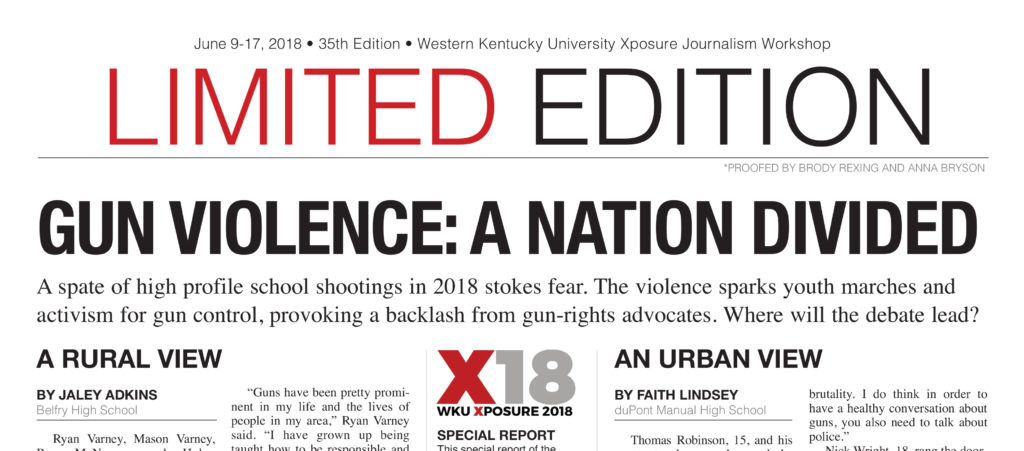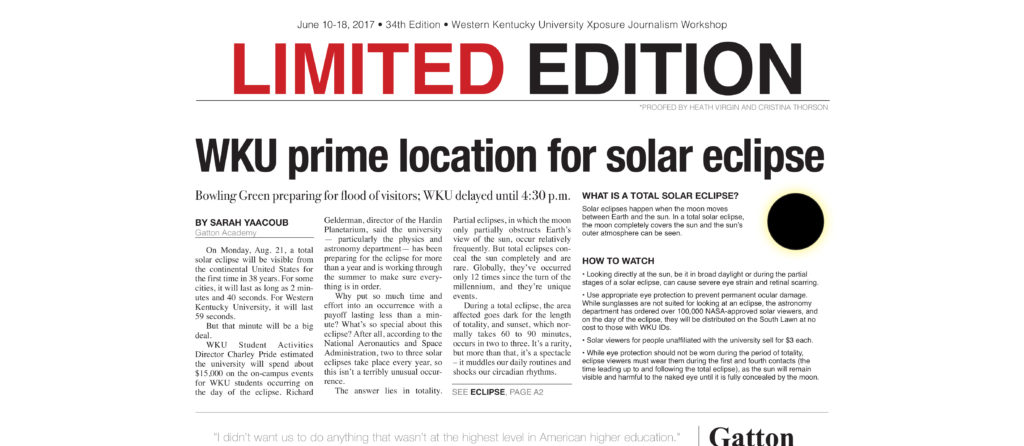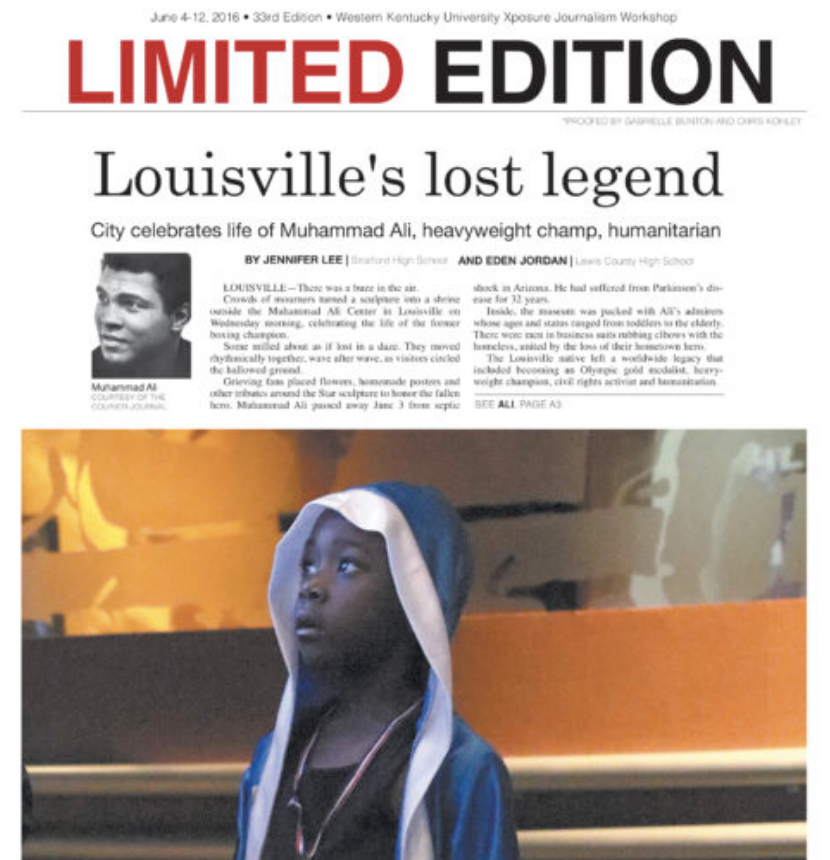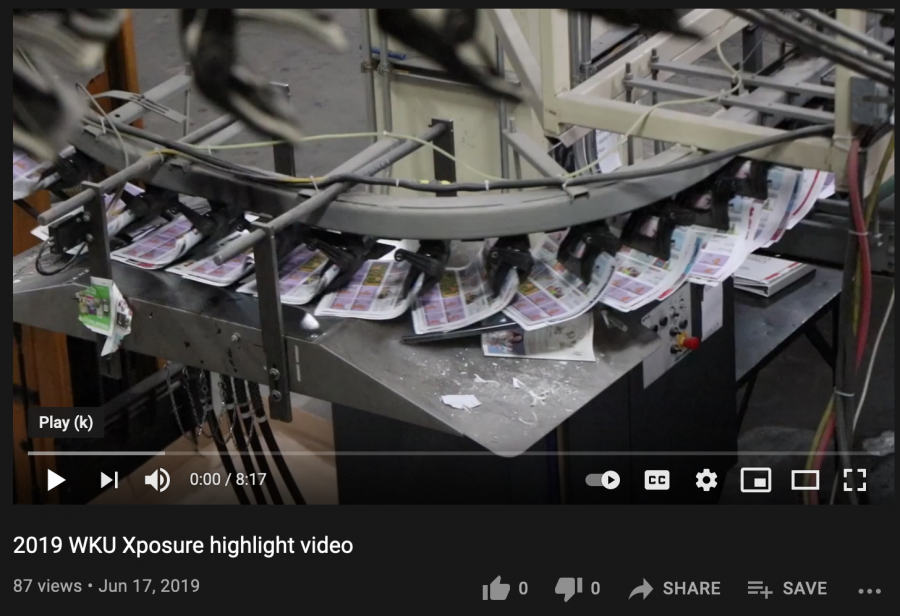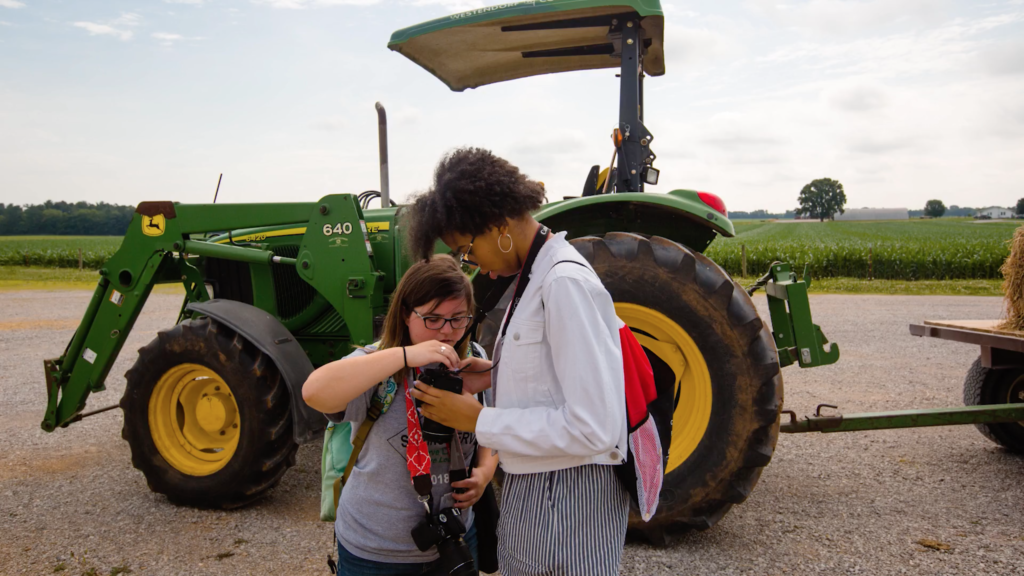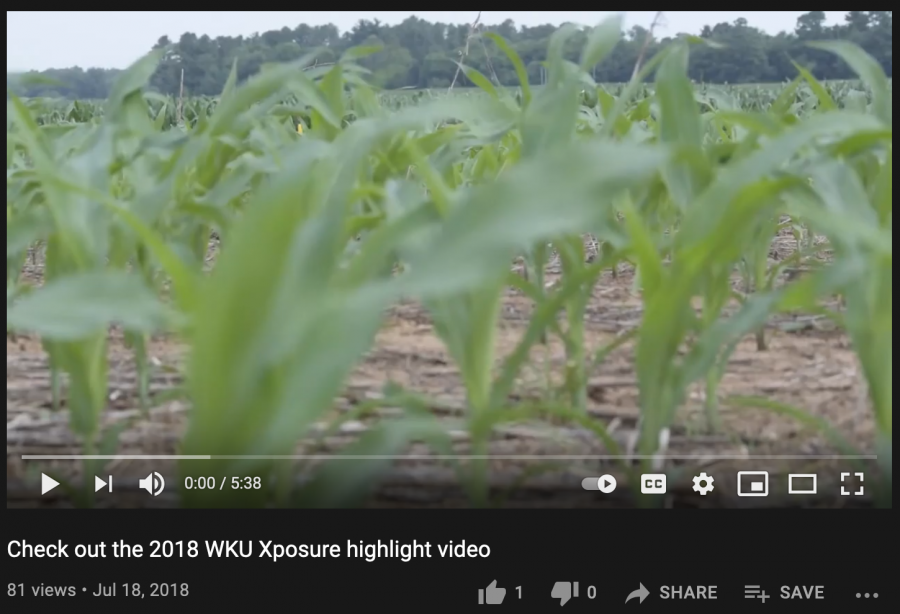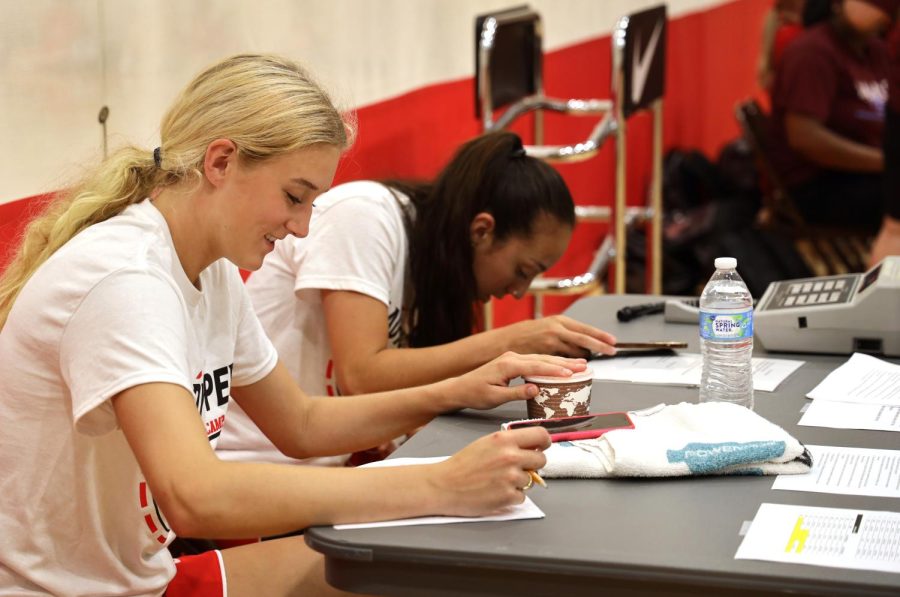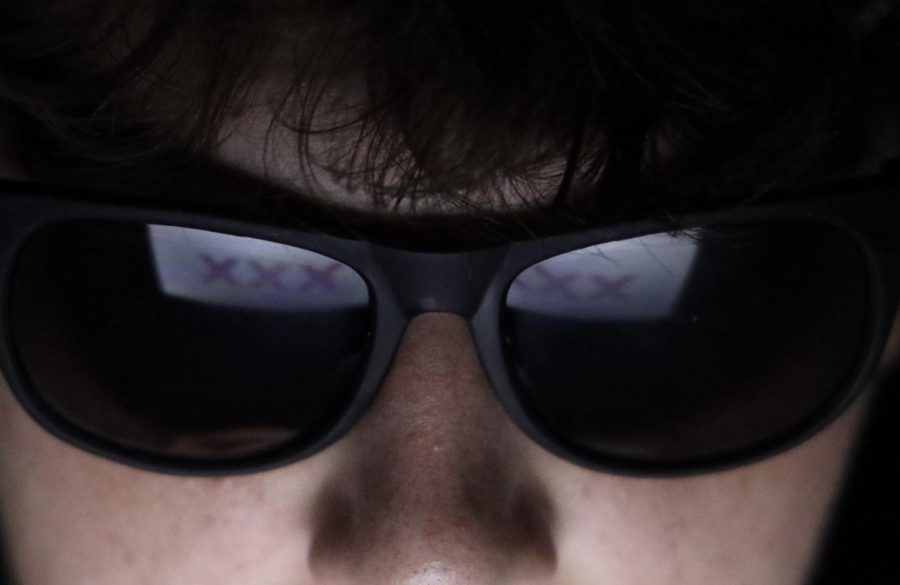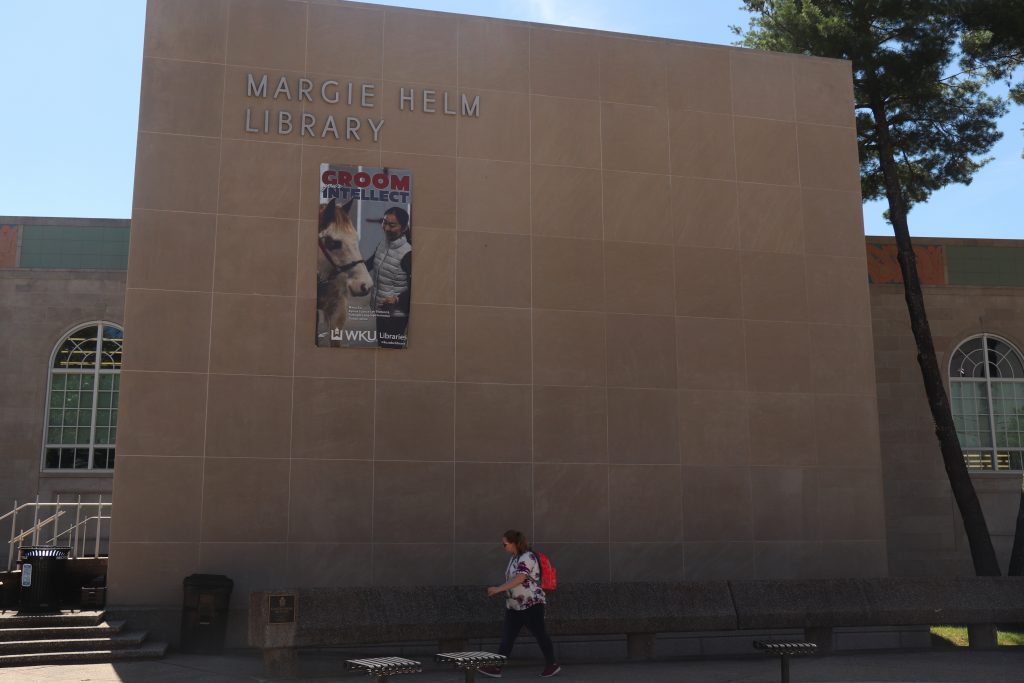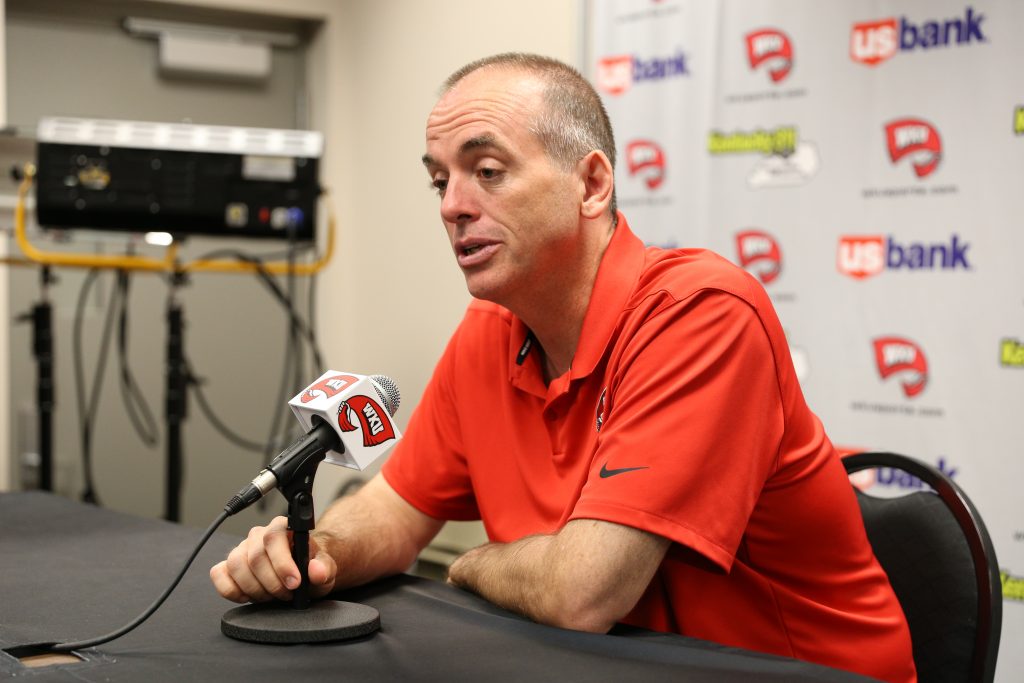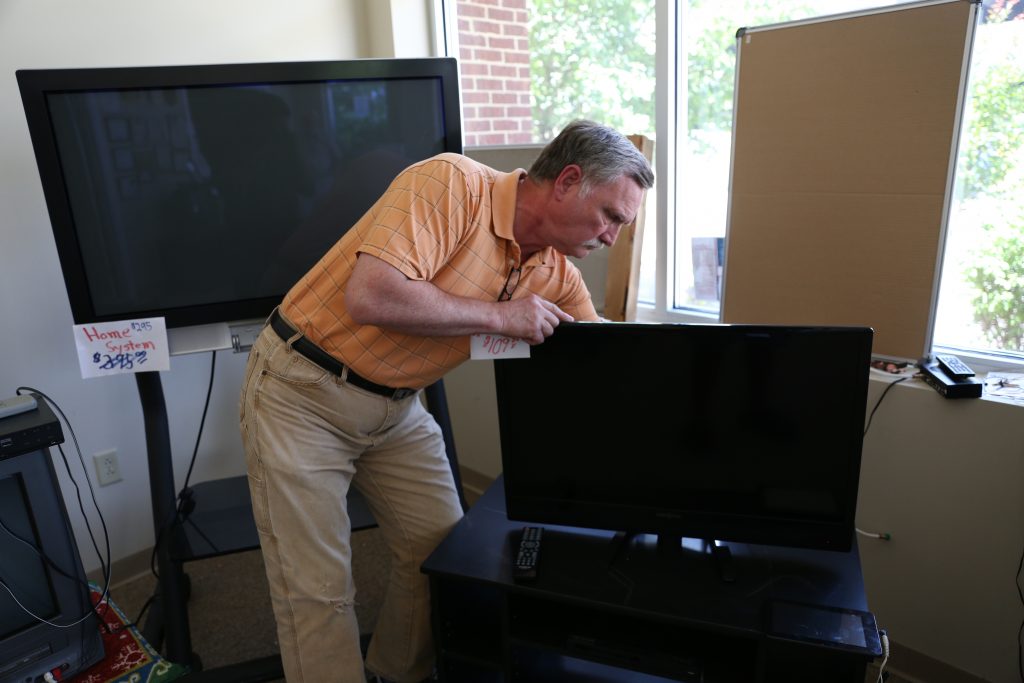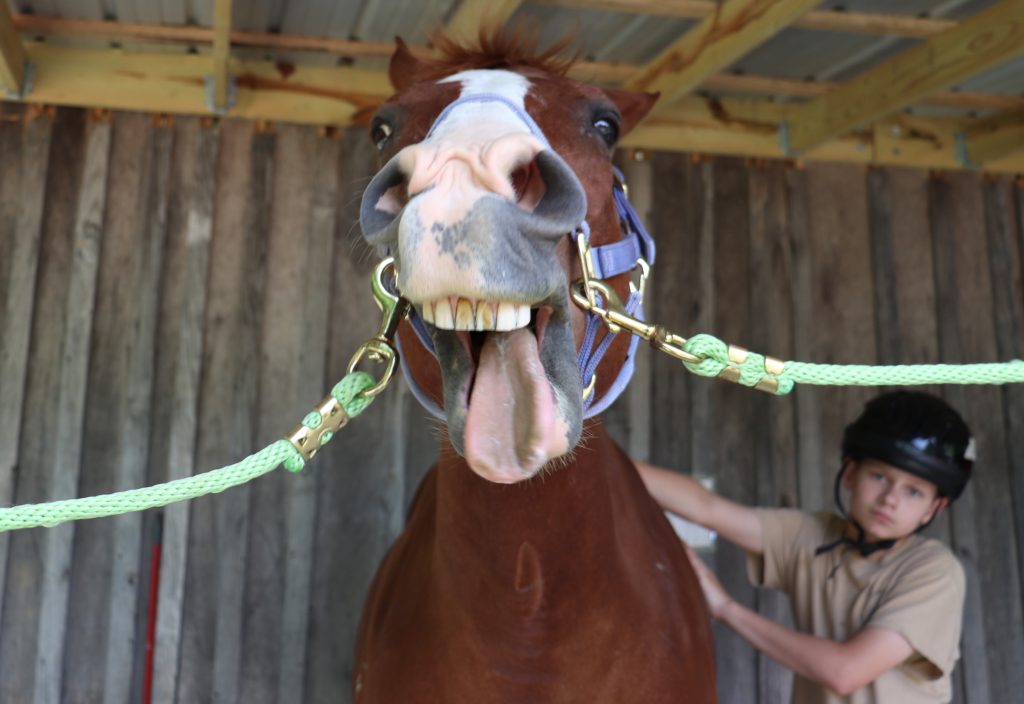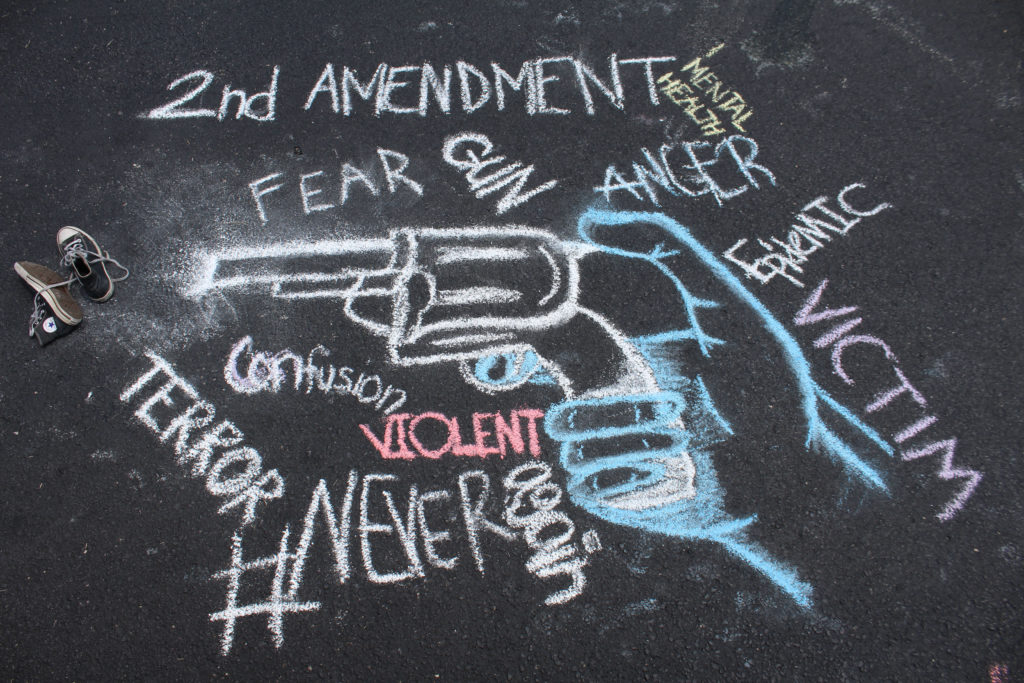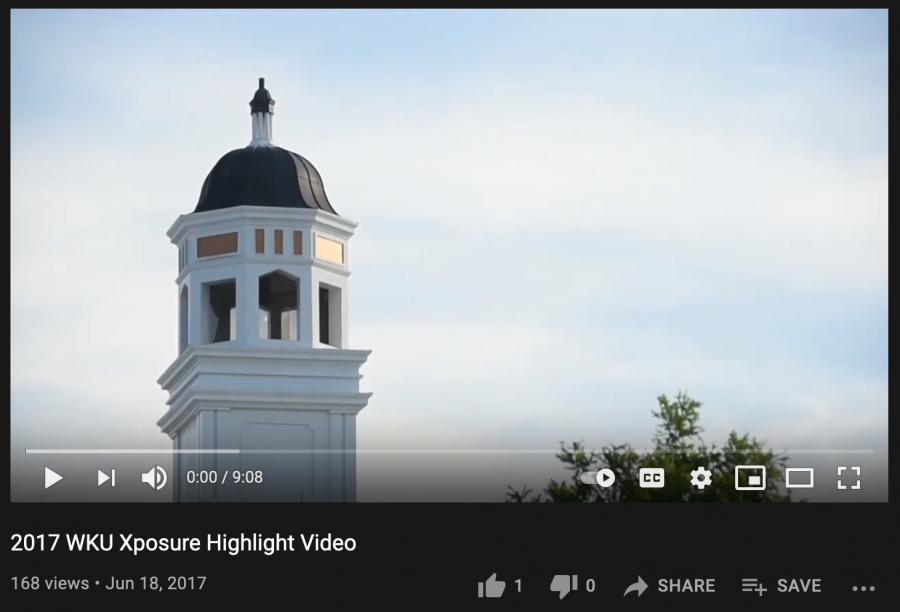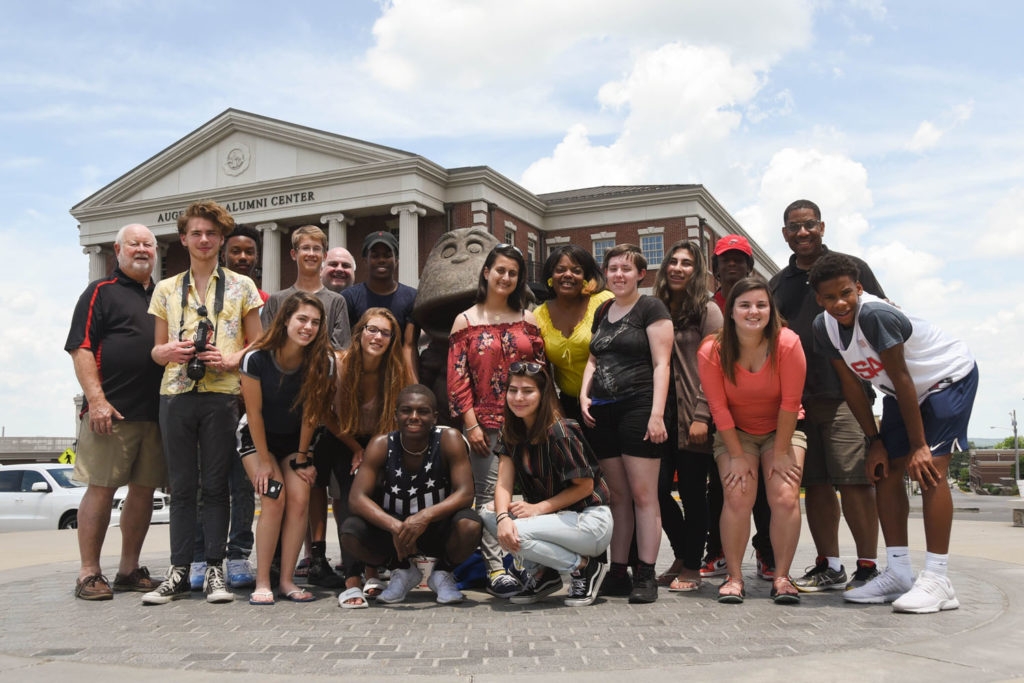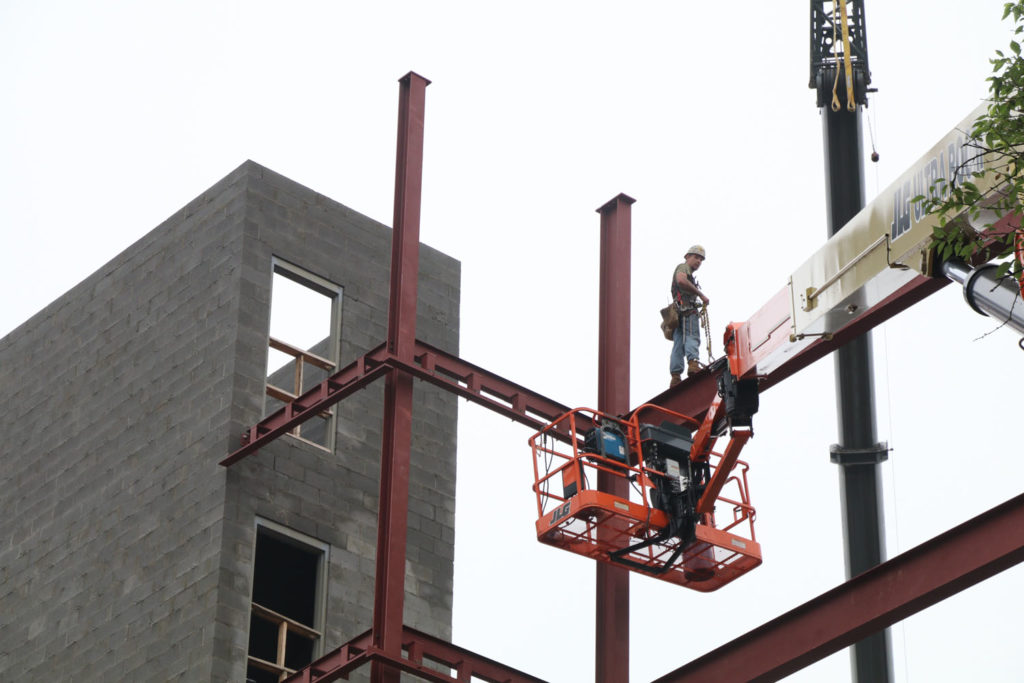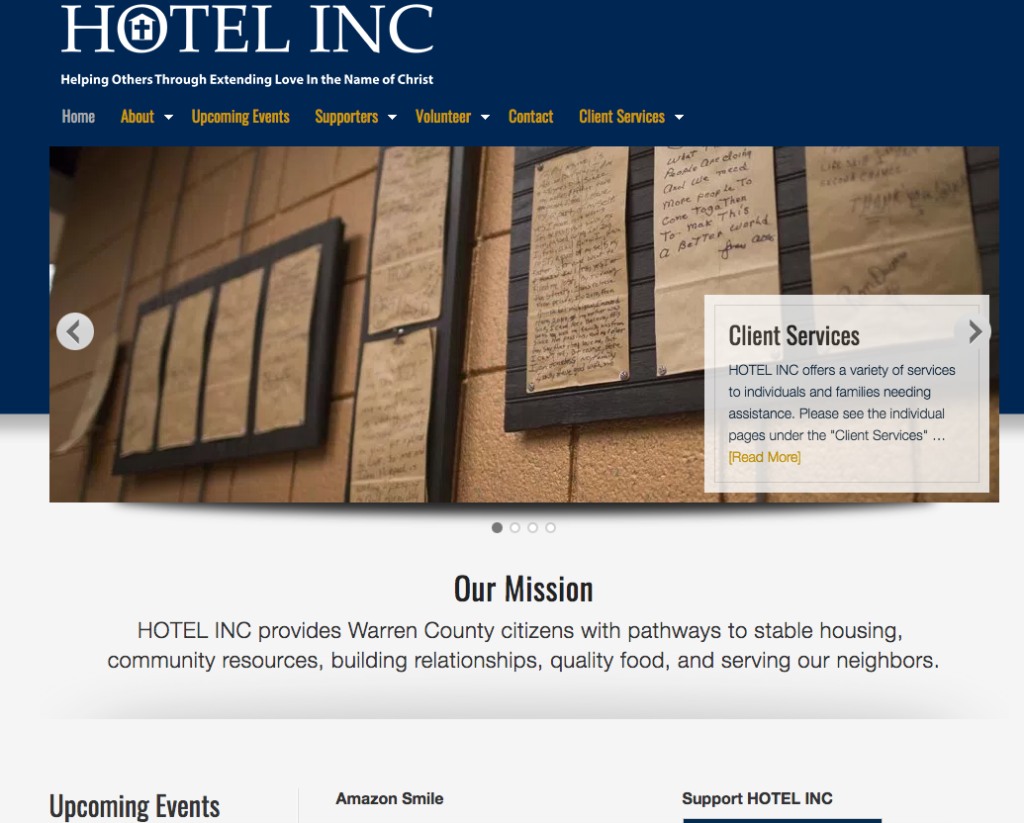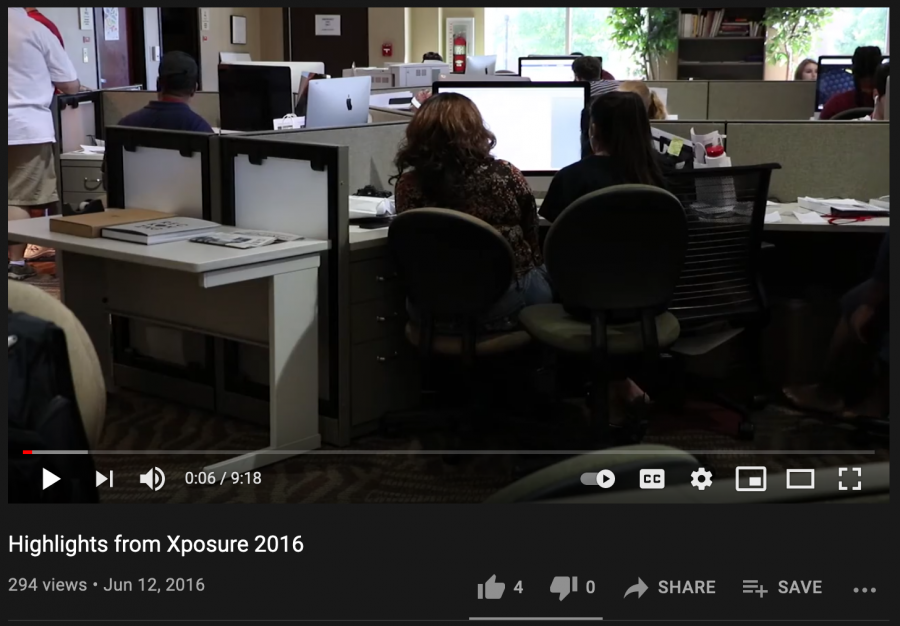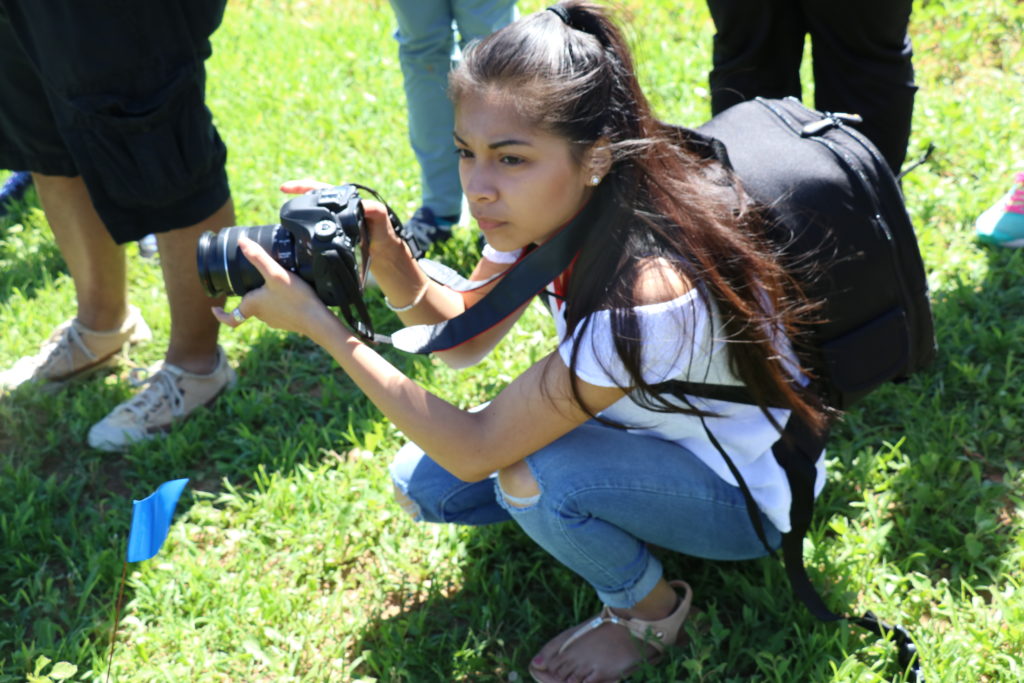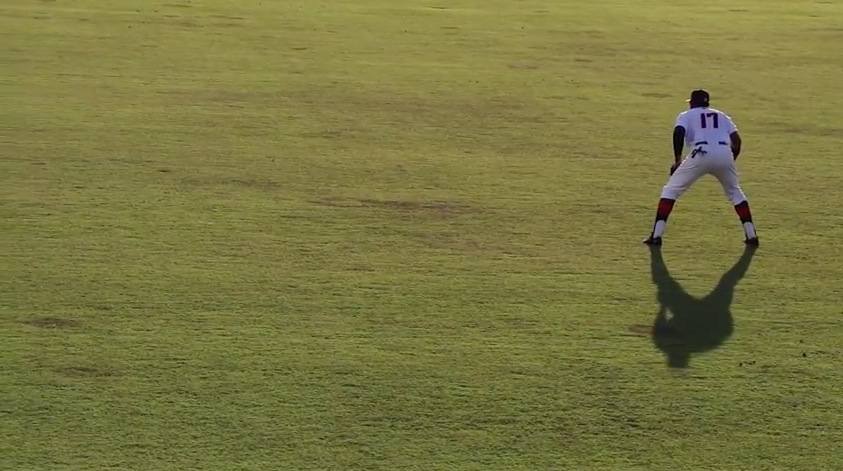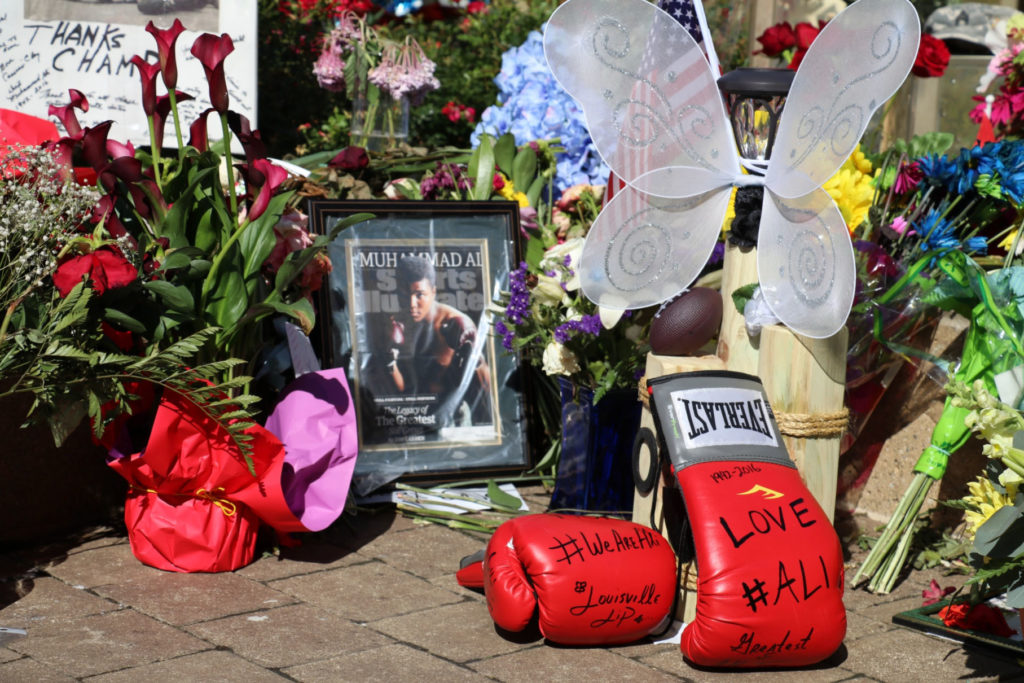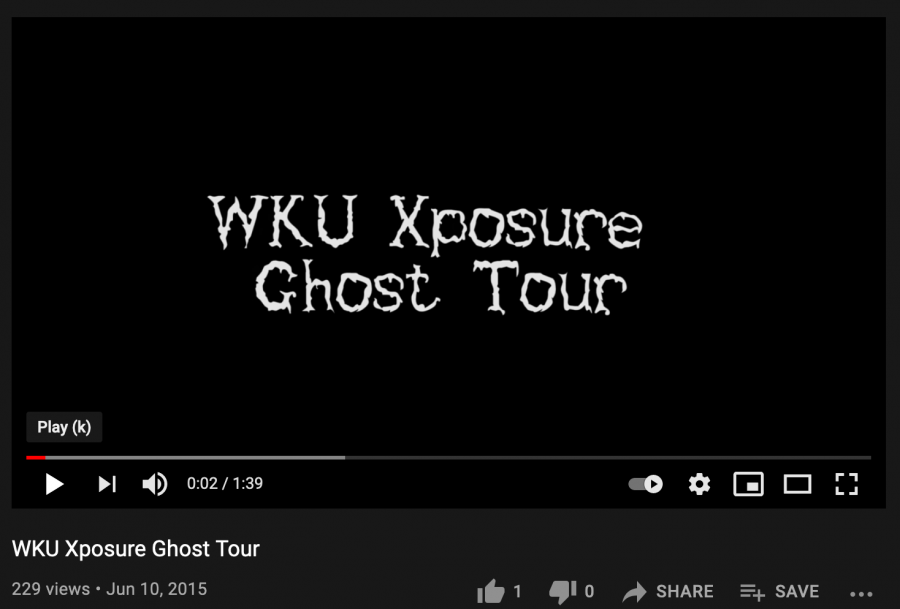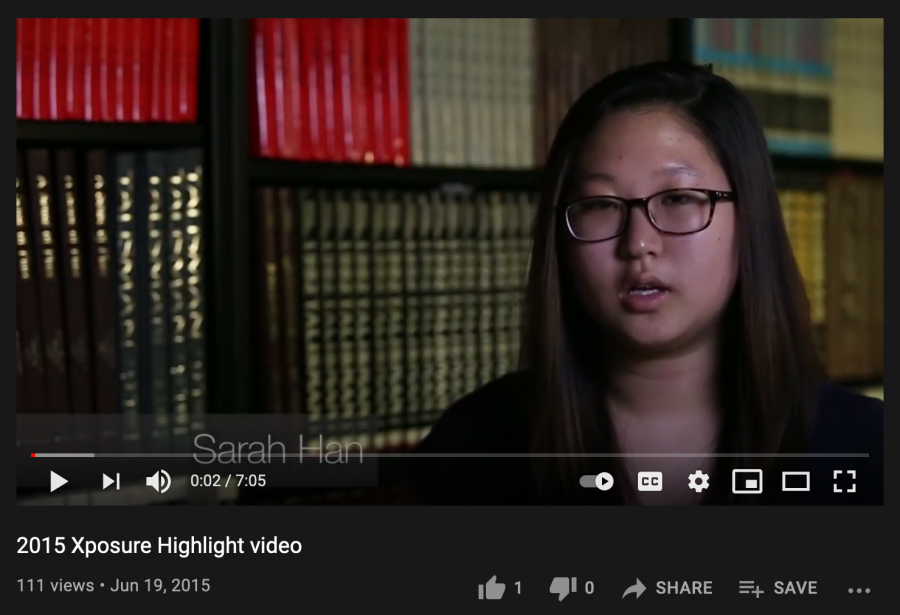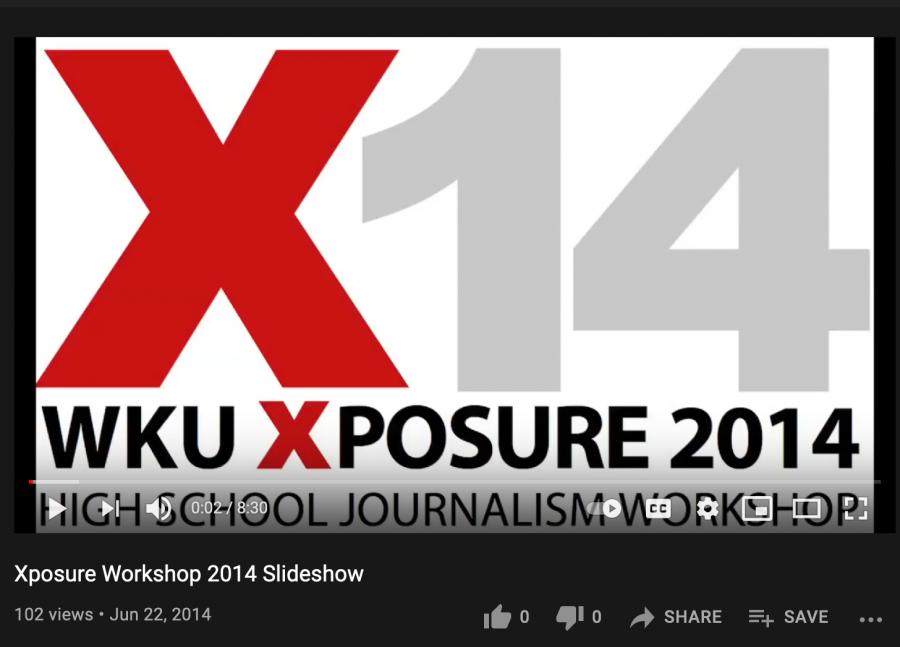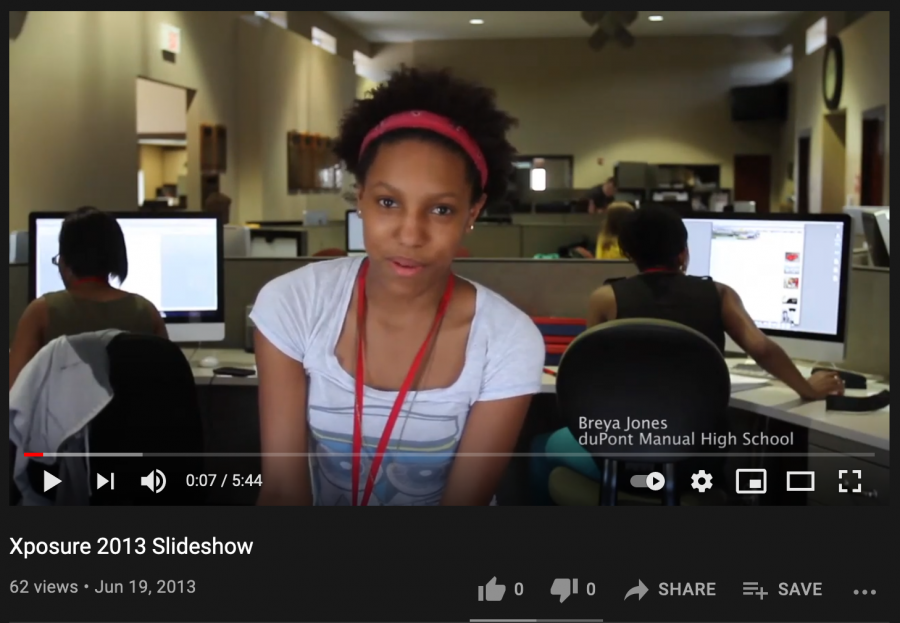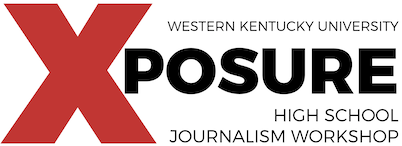Lydia McCoy
By: Micah McClain
It all started with a yellow notebook. Lydia McCoy began her writing career early when she picked up a pen and started writing short stories and poems.
By high school McCoy continued to utilize her love of writing when was appointed Editor-in-chief of her school’s newspaper, and Sports and Clubs editor of the school’s annual yearbook.
McCoy’s writing soon made the transition to serious journalism. Even though she didn’t always have the dream of going into journalism, McCoy soon found her voice within the profession.
McCoy hasn’t found difficulty in her new position as court reporter. “Courts can be a sad beat to cover” said McCoy. Luckily, she finds an emotional release in poetry.
“In courts, and as a reporter in general, you see and hear a lot of bad things, and I think that one of my retreats is my poetry. I’ve always loved words, and have a respect for them,” said McCoy.
McCoy’s love and respect for writing began at an early age, “I’ve been writing since I can remember,” said McCoy. While writing, one thing that keeps McCoy motivated are her parents.
“My parents have taught me to be honest, and to stand up for myself. They’ve also shown me to be considerate and kind. And those are all things that you use as a reporter. When someone loses a family member, yes, it is my job to talk to you, but how I approach you can make all the difference in the world” said McCoy.
Not only has McCoy learned to become more kindhearted in a public setting, but she has also carried the skills her parents have taught her into the pieces she writes.
McCoy’s parents have taught her the importance of association. McCoy believes that producing quality work is a pertinent part of journalism, “
“All you have is your name, people associate your work with what appears in that newspaper. I meet people that don’t know me, but they know me because they see my name in print. So I want to make sure that what’s under my byline, is a good representation,” said McCoy
Lydia McCoy, court reporter for the Evansville Courier and Press, describes the details of her job and gives tips to the Xposure workshop students on how to succeed in the journalism industry.
By Erica Reeves
Hoover (Ala.) High School
Usually a career is chosen after some deliberation. But breaking news, and online editor Ryan Reynolds of the Evansville Courier and Press got into the field by accident.
Reynolds shared what he does on a daily basis with Western’s Xposure workshop students. “I like my job because it’s something new every day,” Reynolds said.
With the job he has, Reynolds said he knows that anything that happens one day, won’t happen the next day and that’s what makes him want to get up and go to work.
“If I had to break down my steps for when I’m gathering information there would be three main steps” Reynolds said.
First he said he would assess what’s going on by asking questions, finding witnesses and talking to officers.
In addition to taking notes, Reynolds said he would take notes on the things he hears, sees and feels.
“When I do that, it makes it easier for me to produce an accurate story when I sit down to write.“ Reynolds said.
Finally he would grab bits of information by taking pictures, recording the interviews and sounds and shooting video. He would take this back and edit it so that it could be used both in the newspaper and online.
Reynolds said having the right equipment helps him be successful.
Along with the equipment Reynolds explained that you need good supervision, people who can’t only tell you that you’re wrong but tell you how to make it right.
However, the most important part to Reynolds is the reader and their feedback.
“I think it’s important that when I write that I make it easy enough to read.” Reynolds said.
“It feels good to be that guy that when people see my name on an article, they know that what they’re about to read is the facts.”
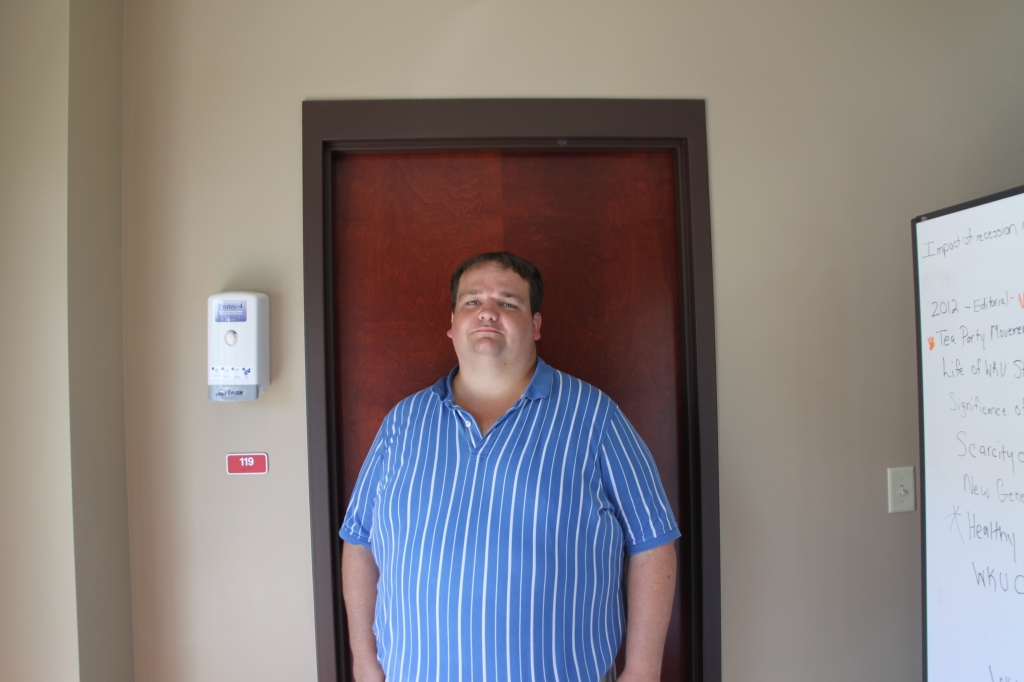 Ryan Reynolds of Evansville Courier and Press.
Ryan Reynolds of Evansville Courier and Press.
By Victoria R. Ballengee
Tavia Green came to a journalism workshop at Western Kentucky University last week to share many heart-tugging stories from her beat as a crime reporter for The Leaf-Chronicle in Clarksville, Tenn.
Green, 24, was hired to work at The Leaf-Chronicle two days after graduating from Western Kentucky University with honors two years ago.
She told a group of 12 high school students at Western’s Xposure Journalism Workshop that she likes writing about anything dramatic or horrible because “it touches everybody’s lives” and brings out the human side of tragedies.
Wearing a lime green skirt, a matching blazer and white high heels that clicked as she walked, Green explained her usual workday, which consists of listening to police scanners to find out where murders or other crimes are happening locally.
She told the group about a news story that she wrote about a woman whose car had flipped over a couple of times. As the car landed upside down, the woman climbed out of the window, and her hand was bleeding.
While the woman was receiving emergency treatment, Green arrived on the scene and comforted the woman, who had begun crying out of fear.
Though reporters are taught to be objective and not to become emotionally attached to their subjects, Green said she likes to use her observations and emotions to improve her articles.
Green said she always tries to remember that it’s not just another murder and it’s not just another rape. It’s someone’s tragedy.
“I don’t want to be cold,” Green said. “I want to feel for the person that’s in the tragedy. I want to write compassionately and not cold.”
Green is very descriptive when she writes, almost like she’s a fiction novelist.
“I like being a storyteller, so I try to write my story for all the readers that aren’t there and tell them what I see and what kind of things are going on, so they won’t feel they missed out,” she said. “It’s news and its current, so I want them to feel like they are there.”
Back when she worked on her former school newspaper, the College Heights Herald, in April 2004, Green wrote a news story about a Western student, Brooke Hall, who was fighting ovarian cancer.
In the article, “Brooke’s Battle,” Green portrayed the real tragedy and the real emotions of Hall’s cancer battle. The piece attracted attention from many Western students, and some of them offered emotional support to Hall as she went through treatment.
Green said the article was one of the most impressive ones she’s ever written, “because it made a difference in somebody’s life. It changed Brooke’s life.
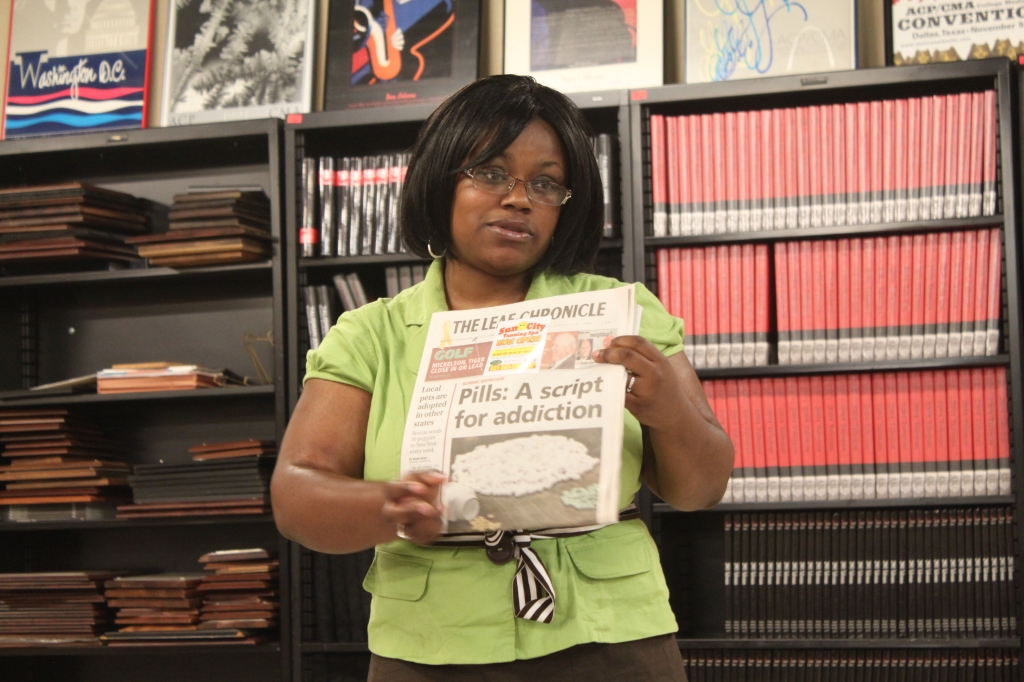 Tavia Green, Clarksville, Tn., a reporter for The Leaf Chronicle and former Xposure student, talks to Xposure journalism workshoppers of a front-page article she wrote on prescription drug addiction.
Tavia Green, Clarksville, Tn., a reporter for The Leaf Chronicle and former Xposure student, talks to Xposure journalism workshoppers of a front-page article she wrote on prescription drug addiction.

